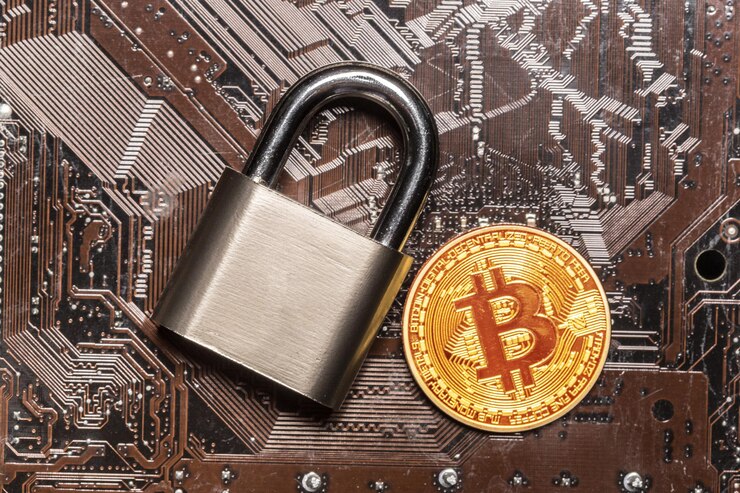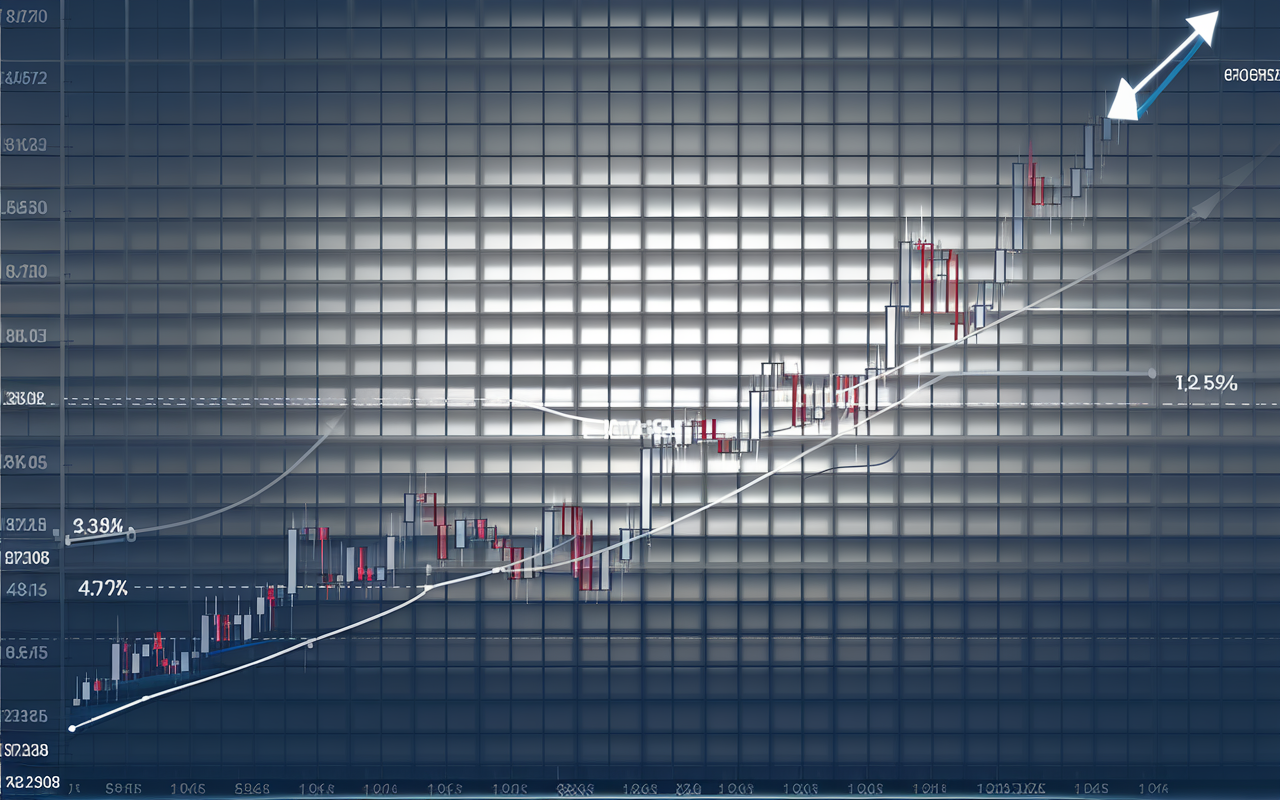Cryptocurrency is a form of digital money that relies on cryptographic techniques for secure transactions. Unlike traditional currencies issued by governments, cryptocurrencies operate on decentralized systems called blockchains. These blockchains act as digital ledgers, recording transactions across a distributed network of computers.
One key advantage of cryptocurrencies is their ability to enable peer-to-peer transactions without intermediaries. However, the digital nature of these currencies introduces unique risks that demand robust security measures.
Why Crypto Security Is Important
As cryptocurrencies grow in popularity, cybercriminals have developed sophisticated techniques to exploit unsuspecting users. Protecting your digital assets involves more than just storing them in a wallet; it requires awareness and vigilance.
Cyber threats like hacking, phishing, malware attacks, and scams can lead to significant financial losses. Since crypto transactions are often irreversible, prevention becomes even more critical.
Common Crypto Security Threats
- Phishing Attacks
In phishing schemes, attackers impersonate legitimate services to trick users into revealing sensitive information, such as private keys or login credentials. - Malware and Keyloggers
Malware can infect devices and capture keystrokes or other information, allowing hackers to access wallets. - Exchange Hacks
Centralized crypto exchanges are common targets for hackers. When these platforms are breached, users risk losing their funds. - Social Engineering Scams
Fraudsters may pose as trusted individuals or companies to deceive users into sending cryptocurrency or revealing sensitive information.
Best Practices for Crypto Security
Use Strong, Unique Passwords
Always create passwords that combine uppercase and lowercase letters, numbers, and special characters. Avoid reusing passwords across different platforms.
Enable Two-Factor Authentication (2FA)
2FA provides an additional layer of protection by requiring a secondary verification method, such as a code sent to your mobile device.
Choose Secure Wallets
Selecting the right wallet type is crucial for protecting your funds.
- Hot Wallets: These wallets connect to the internet, making them convenient but more vulnerable to attacks.
- Cold Wallets: These are offline wallets that offer greater security for long-term storage.
Keep Software Updated
Regularly updating wallet software and other related applications ensures that you benefit from the latest security patches.
Backup Your Wallets
Creating secure backups of your wallet can help you recover funds if your device is lost or damaged. Store backups in multiple secure locations.
Avoid Public Wi-Fi
Public Wi-Fi networks are often unsecured, making it easier for hackers to intercept your data. Use a virtual private network (VPN) if you must access your wallet in public.
Be Skeptical of Offers
Beware of unsolicited messages or deals that promise unrealistic returns. Always verify the authenticity of offers before acting.
Understanding Wallet Types
Choosing between hot and cold wallets depends on how frequently you intend to use your crypto assets.
- Mobile and Desktop Wallets
These hot wallets are suitable for everyday transactions. However, they should only hold small amounts of cryptocurrency. - Hardware Wallets
Hardware wallets are physical devices that store private keys offline, providing enhanced security. - Paper Wallets
These are physical printouts containing your wallet’s public and private keys. While secure from online threats, they are vulnerable to physical damage or loss.
Private Keys and Their Importance
A private key is the most critical aspect of your cryptocurrency security. It acts as a digital signature, granting access to your funds.
How to Protect Your Private Key:
- Never share your private key with anyone.
- Store it in a secure, offline location.
- Consider using hardware wallets for maximum protection.
Recognizing and Avoiding Scams
Fraudsters often target crypto users with convincing schemes. Here’s how to identify potential scams:
- Guaranteed Profits: Be wary of any offer that promises guaranteed returns.
- Unsolicited Messages: Treat unexpected emails or messages promoting crypto investments with caution.
- Fake Platforms: Always verify the authenticity of websites before entering personal information.
The Role of Backup Strategies
Creating multiple backups of your wallet and private keys can save you from disaster in case of loss or theft. Consider encrypting your backups and storing them in secure, separate locations.
The Importance of Continuous Learning
The crypto landscape evolves rapidly. Staying informed about the latest security threats and developments will help you make smarter decisions. Join trusted communities, read credible sources, and attend webinars or conferences to deepen your knowledge.
Creating a Safe Environment for Transactions
Performing crypto transactions securely involves several precautions:
- Double-Check Wallet Addresses: Due to the irreversible nature of transactions, always confirm recipient addresses.
- Use Encrypted Messaging Platforms: When sharing wallet information, opt for secure communication channels.
- Beware of Clipboard Malware: These malicious programs replace copied wallet addresses with fraudulent ones.
Smart Contract Security
If you’re engaging with decentralized finance (DeFi) applications, understanding smart contract security is essential. Only interact with audited and reputable contracts to reduce risks.
Social Engineering Awareness
Cybercriminals often exploit human psychology to deceive individuals. Always verify identities and requests independently before taking action.
Building a Security Checklist
To safeguard your digital assets, create a personalized security checklist that includes the following:
- Regularly update software and wallets.
- Store private keys securely.
- Use 2FA for all accounts.
- Diversify storage methods.
- Continuously educate yourself on emerging threats.
Future Trends in Crypto Security
The crypto industry continues to innovate, and security solutions are evolving rapidly. Biometric authentication, hardware advancements, and decentralized security protocols are expected to shape the future landscape.
Staying Vigilant
Despite robust security measures, vigilance remains your best defense. Regularly review your security practices and adapt to new threats.
Conclusion
Securing your cryptocurrency requires a proactive approach, continuous learning, and the implementation of best practices. By understanding potential threats and adopting effective strategies, you can protect your digital assets and confidently navigate the world of crypto.







